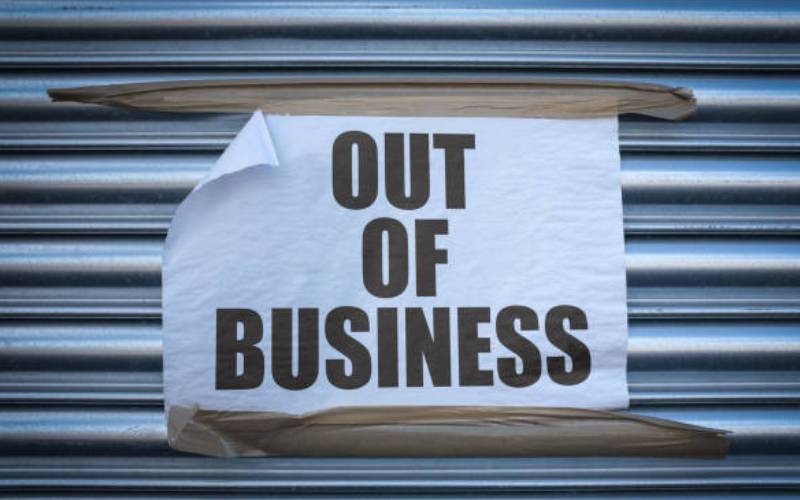×
The Standard e-Paper
Smart Minds Choose Us

Kenya is regarded as one of Africa’s most fecund grounds for business start-ups.
Certainly so, when one considers that over 20 new businesses have been registered over the past two years attracting impressive amounts of foreign capital. But it has not been all rosy with some like food company Kune going belly up.